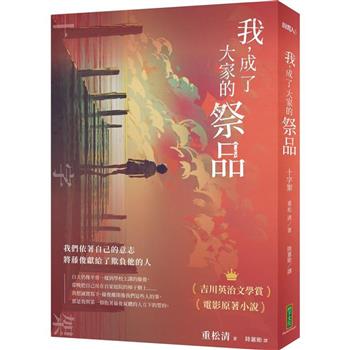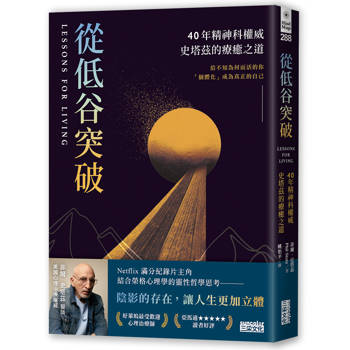Once Joseph Stalin took the lead of the Soviet Bolshevists after the death of Vladimir Lenin, he quickly turned away from Lenin’s New Economic Policy, with its many concessions to capitalism, to a policy of one-country socialism, driven by his first Five Year Plan (1928) and a plan that other Bolsheviks like Lenin and Trotsky thought impossible. That shift, radical, forced Stalin to "urbanize" the USSR’s vast rural areas-that is, to impose a factory-like model on the Soviet countryside to maximize its efficiency. That required collectivizing the numerous Soviet farms-making large farms of the numerous small farms. Ukraine was to be the model republic due to its vastness and black, fertile lands. Not only were the republics to be collectivized, they were also to be Russified for the sake of model efficiency and centralization of control. And so, while Stalin, early in his political life, preached respect for the cultural diversity of its many republics and the right of secession of any republic, the need to collectivize the Soviet farms for the sake of one-country socialism demanded compliance.
Ukrainian peasant-farmers were non-compliant, for they readily saw that the State was asking them for everything and giving back nothing but the pledge of efficient farms to benefit the State, and non-compliance forced Stalin’s authoritarian hand. He imposed laws that brutally punished non-compliant peasants, called "kulaks." The plan was dekulakization. The intransigents were dispossessed of their property, alienated from other villagers, exiled, and exterminated. The result in Ukraine was the gross inefficiency of both collective and individual farms. That led to intolerance of Ukrainian culture and theft of Ukrainian grain, and even all other findable foodstuffs, to punish Ukrainians. The end was a great famine in 1932 and 1933 in which some four million Ukrainians died.
Did Stalin believe that he could urbanize the Soviet countryside? Did Stalin think that socialism could take root in the backwater Soviet Union without the aid of Western succor? Did Stalin hate Ukrainians because many pressed for a cultural identity separate from that of Russia? Had Stalin’s plan of dekulakization from the beginning been a policy of political genocide? Those are some of the many questions I aim to answer in this book. I focus much on Stalin’s writings in the efforts to ascertain his mindset as a dictator.












